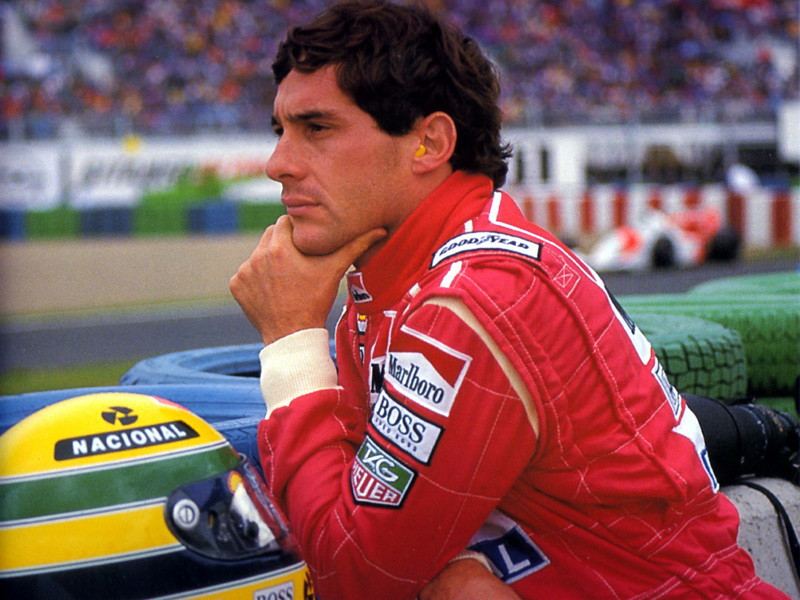Interesting documentary showcases Brazilian Formula 1 driver’s life in the fast lane
This documentary from British Academy of Film and Television Arts winning filmmaker Asif Kapadia about arguably the greatest Formula 1 driver of all time, Ayrton Senna, is great, but not without its faults.
The audience is introduced to Senna as a young Go Kart driver, right at the time he decided to begin racing F1 in the mid ‘80s.
Through grainy and patchy video footage taken from television, Senna is shown being interviewed at press conferences and racing, while interviews with everyone who ever knew him (and some who didn’t) narrate the film.
Without any talking heads or new footage whatsoever, it’s an interesting device, and one that definitely keeps you inside the story.
What is missing, however, is the 20-odd years leading up to Senna’s F1 career.
As someone who knows nothing about racing or Senna himself, I am simply asked to care about this Brazilian driver without knowing a darn thing about him. There are no cuts to baby photos, no grainy Super 8 footage, nothing from his parents or sister about the type of person Senna truly was.
Perhaps this was intentional - maybe the filmmakers wanted to simply present a snapshot of the public persona, showing what the people had already seen, but in one condensed 106-minute package.
The film takes its conflict from the relationship between Senna and teammate Alain Prost, the French driver who had four World Championships. The two constantly picked fights in the press, acting like babies who didn’t get their way.
This is all shown in between shots of Senna jet-setting on a yacht, flirting with Japanese or Brazilian TV personalities and walking out of driver briefings.
What I took from the film was that Senna was a man who came from a well-off family, was addicted to speed, drove in the rain better than anyone else, believed God had everything to do with every race he had, and was pretty cocky and snobby.
Despite all of this, the people of Brazil adored him.
He was a huge celebrity, winning the World Championship three times before crashing in May 1994, dying at age 34 from a head injury.
Bizarrely, Kapadia chose to include the in-car camera shot of the final things that Senna would have seen leading up to his crash.
It makes for chilling filmmaking, but ethically it’s a little icky.
A true Senna fan likely knows all of this information already, making this particular film seem almost redundant.
Overall, it is a fast-paced doc that is for the most part entertaining and interesting, even if you know nothing about F1 racing.
Published in Volume 66, Number 17 of The Uniter (January 25, 2012)







